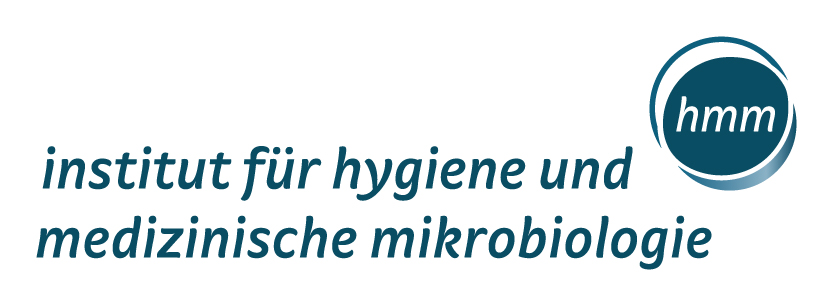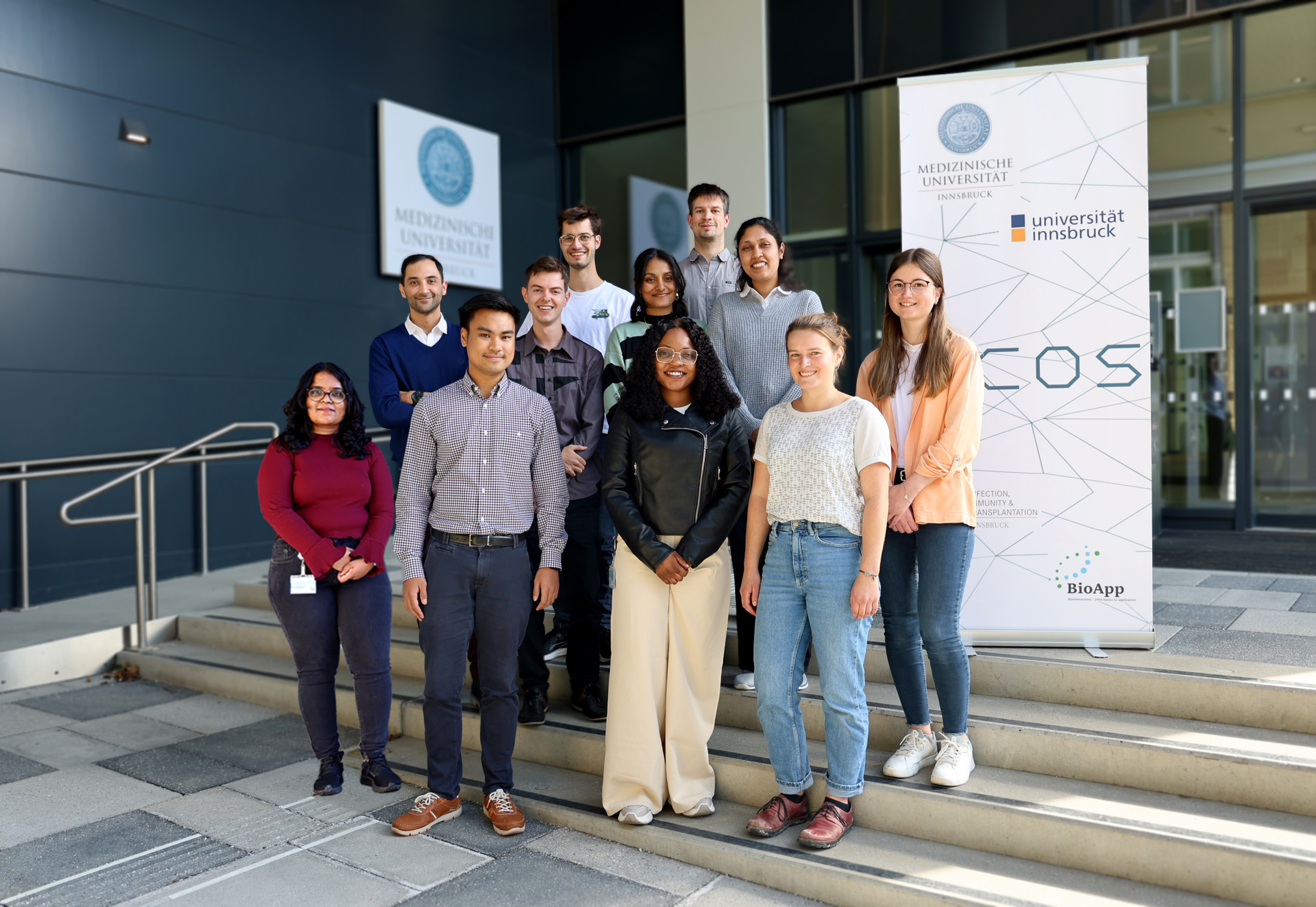Research Questions/Hypotheses
The management of plant diseases heavily relies on bactericides, fungicides, and other
pesticides, and residues of their active ingredients can remain on plants and in the environment. The use of streptomycin,
oxytetracycline, copper-based products, and some fungicides has led to plant pathogens becoming resistant to these treatments,
highlighting that microbes can adapt to these substances. Aspergillus fumigatus, which is causing aspergillosis in humans, is
becoming increasingly resistant to triazole fungicides, causing alarm in Europe. Aim of this thesis project will be to (i) isolate
and characterize fungicide resistant fungi from agricultural and natural soils using cultivation- and DNA-based approaches
specifically focusing on thermotolerant saprobes including known putative human pathogens, (ii) compare prevalence and
incidence offungicide resistant fungi in the environment to establish the reservoir ofthese fungi and to evaluate their pathogenic
potential for humans and warm blooded animals, (iii) to correlate fungal CFUs, ASVs, fungicide traces to identify environmental
conditions specifically favourable for the establishment of emerging azole resistant thermotolerant fungi.
Approach/Methods
Building on an extensive existing strain collection of more than 200 fungal isolates from agricultural and
natural soils at the UIBK we will experimentally determine fungal taxa which are specifically prone to posess or develop fungicide
resistance. Additionally this strain collection will be strategically expanded by sampling natural and agriculturally used sites in
Austria, Italy and Germany. The fungal biodiversity at these sites will be determined using cultivation based approaches using
selective media with added fungicides and isolation approaches favoring thermotolerant fungi and via amplicon based sequencing
approaches which allow us to estimate the impact of agricultural management on fungi at the sites. General physiological
parameters such as temperature requirements, growth rates and taxonomy of the fungi will be recorded, together with soil
chemical parameters and pollution with azole fungicides (collaboration with SB).







